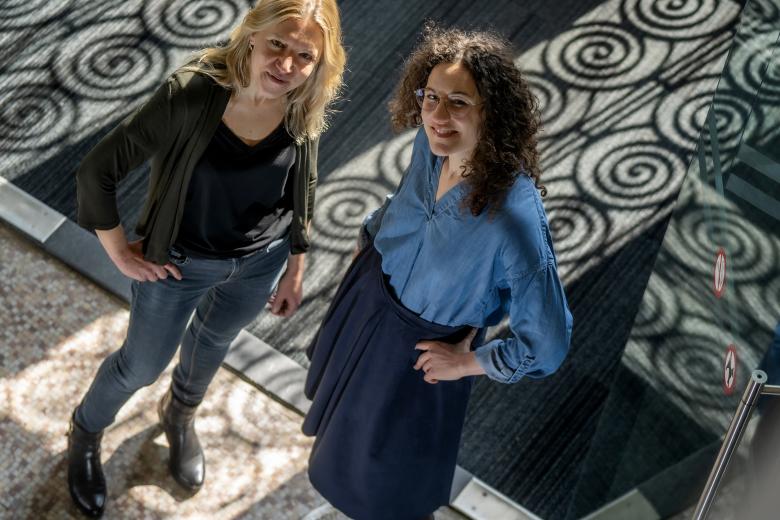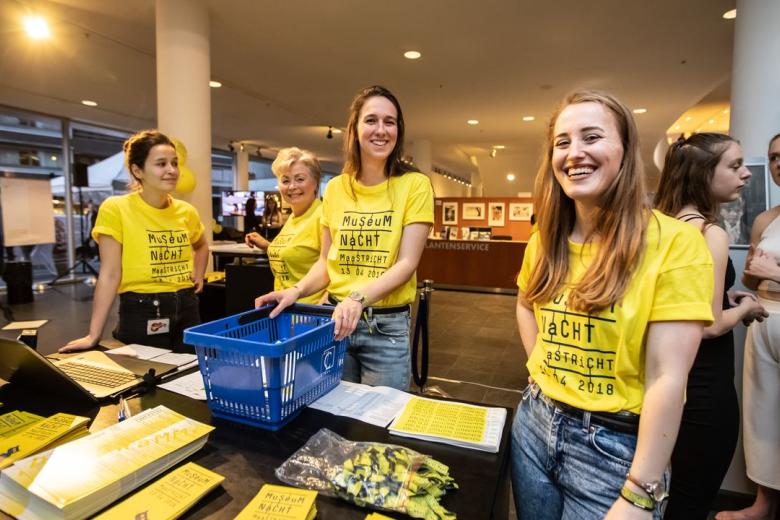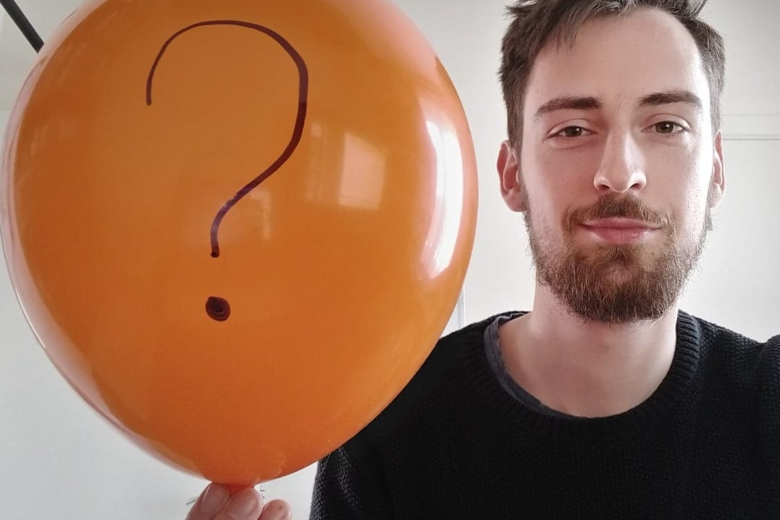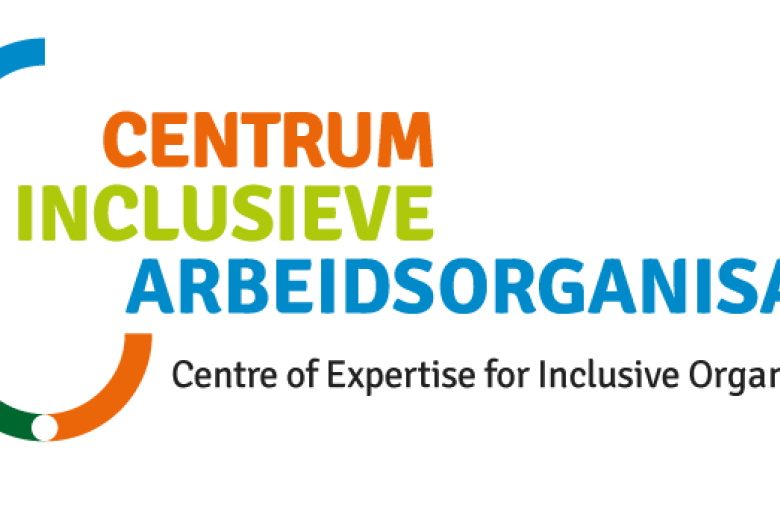A sense of justice | FPN student stories
Rachel Barros Custódio’s affinity with fairness and justice started early when she looked around her Portuguese hometown of Lisbon and saw the mistreatment of animals. “A lot of people in Portugal treat their animals like things, sometimes even worse. They don’t view them as living creatures with...





